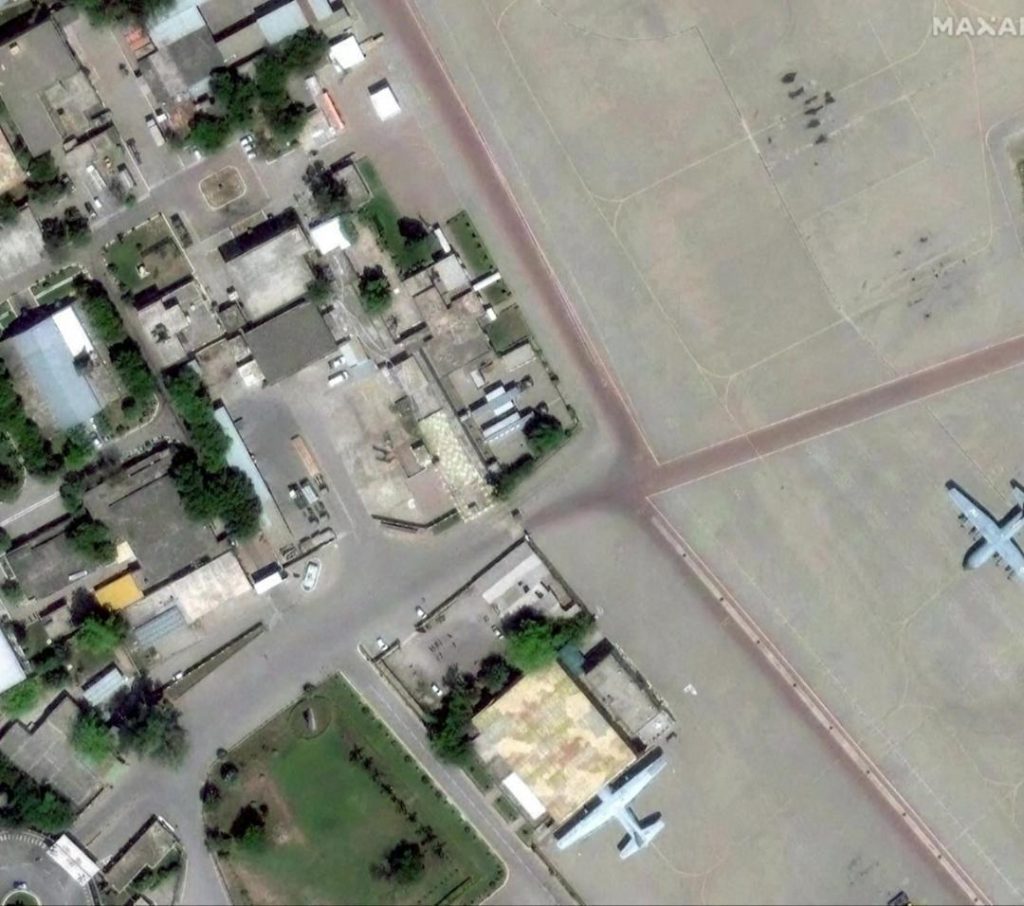
Air Defence Systems of China & Pak No Match for India’s BrahMos: Expert
In a recent development that has sent shockwaves across the international community, an American urban warfare expert, Colonel (Retd) John Spencer, has stated that the air defence systems of China and Pakistan are no match for India’s BrahMos missile. This statement comes in the wake of India’s successful operation against Pakistan’s air bases, which was carried out using precision strikes with BrahMos missiles.
In an interview with a leading news publication, Colonel Spencer, a renowned expert on urban warfare, praised India’s military might and asserted that the BrahMos missile has proven to be a game-changer in the region. According to him, China’s air defence systems, in particular, are sub-par when compared to India’s systems. “Chinese air defence systems and missiles are sub-par vis-à-vis India’s systems…India’s message was clear. It can hit anywhere in Pakistan anytime,” Spencer said.
The BrahMos missile, a joint venture between India and Russia, is a supersonic cruise missile that can travel at speeds of up to Mach 2.8 (around 2,000 miles per hour). With a range of over 300 kilometers, it is capable of delivering precision strikes with high accuracy. The missile’s speed and maneuverability make it extremely difficult to intercept or destroy, making it a formidable weapon in the hands of the Indian military.
India’s successful operation against Pakistan’s air bases, code-named Operation Sindoor, was a testament to the BrahMos missile’s capabilities. The operation, which was carried out in response to Pakistan’s aggressive actions in the region, saw Indian fighter jets and BrahMos missiles strike multiple targets in Pakistan, including its air bases. The operation was a resounding success, with Pakistan’s military infrastructure suffering significant damage.
Colonel Spencer’s statement is significant, as it comes from a respected expert in the field of urban warfare. His assessment of China’s air defence systems is particularly noteworthy, as it underscores the limitations of China’s military capabilities in the region. While China has been expanding its military presence in the region, its air defence systems have been criticized for being outdated and ineffective.
Pakistan, which has been relying heavily on Chinese military aid, has also been caught off guard by India’s BrahMos missile. The Pakistan Air Force’s (PAF) air defence systems, which are largely based on Chinese technology, were unable to intercept or destroy the BrahMos missiles, which were used to strike multiple targets in Pakistan.
The BrahMos missile’s capabilities have been a game-changer for India’s military, providing it with a significant advantage over its regional rivals. The missile’s speed and maneuverability make it extremely difficult to intercept or destroy, making it a formidable weapon in the hands of the Indian military.
India’s military has been rapidly modernizing its arsenal, with a focus on acquiring advanced weapons systems capable of delivering precision strikes. The BrahMos missile is just one example of India’s efforts to strengthen its military capabilities. Other advanced weapons systems, such as the S-400 air defence system and the Akash missile, are also being acquired by the Indian military.
The implications of Colonel Spencer’s statement are far-reaching, as it underscores the limitations of China’s and Pakistan’s air defence systems. The statement is a clear message to both countries, warning them that India’s military capabilities are superior and that they must be prepared to face the consequences of any aggression.
In conclusion, Colonel Spencer’s statement highlights the superiority of India’s BrahMos missile over China’s and Pakistan’s air defence systems. The BrahMos missile has proven to be a game-changer in the region, providing India with a significant advantage over its regional rivals. As India continues to modernize its military arsenal, it is clear that its enemies will have to think twice before engaging in any military action.






